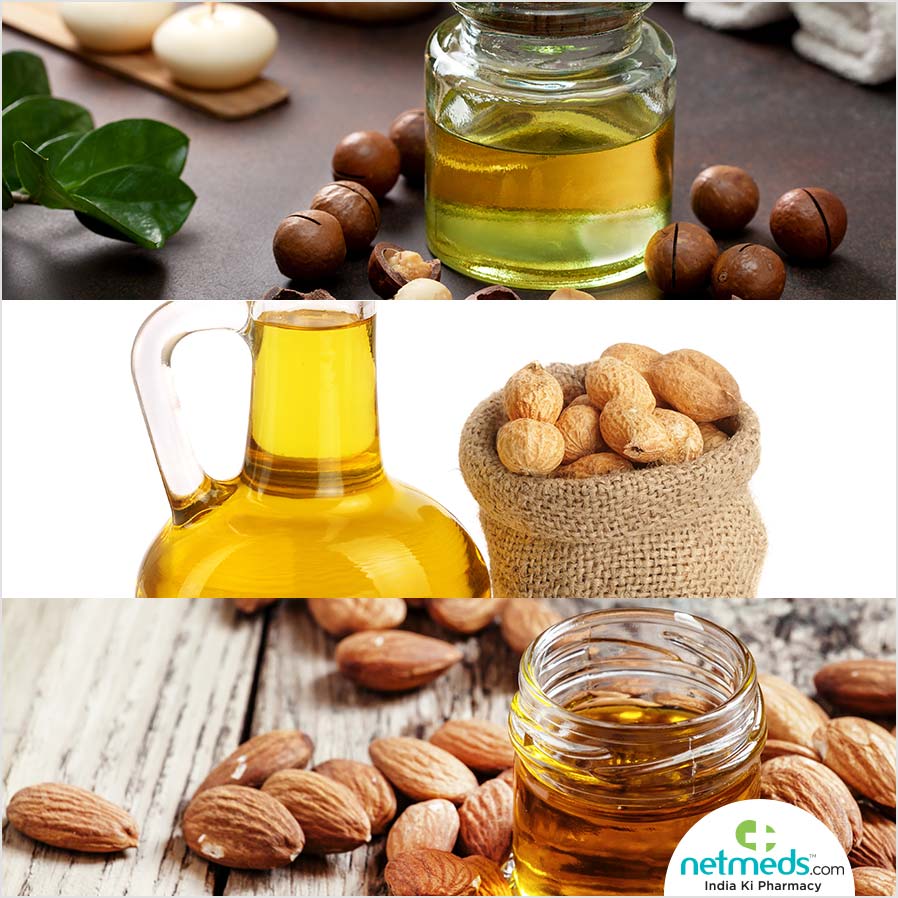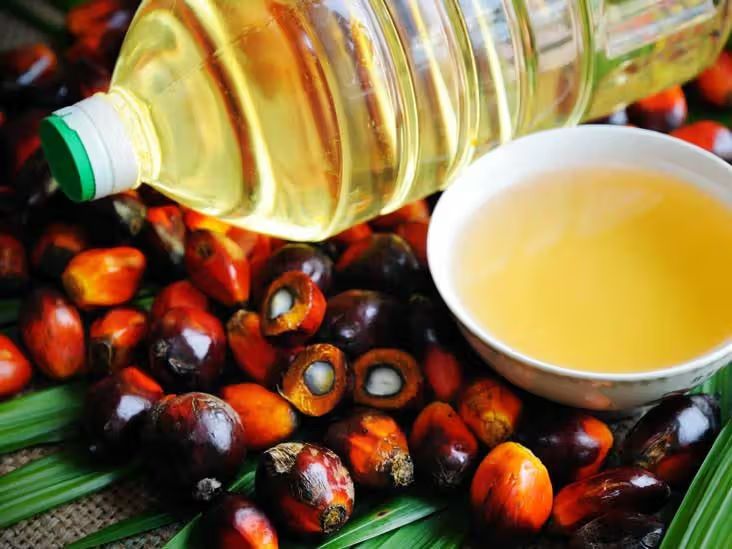
Vegetable oils
Vegetable oils are extracted from various plant sources such as soybeans, sunflowers, and olives, and are widely used in cooking and food production. They are valued for their versatility, health benefits, including essential fatty acids and vitamin E, and their role in enhancing flavors and textures in culinary dishes.
Types of Oils

Sourced from Seeds
Seed oils, such as sunflower, canola, and flaxseed oil, are derived from the extraction of oil from seeds. These oils are rich in unsaturated fats and essential fatty acids, making them popular choices for cooking and salad dressings due to their health benefits and versatility.
Nuts
Nut oils, such as almond and walnut oil, are extracted from nuts and are prized for their rich flavors and high content of healthy fats and antioxidants. They enhance dishes with their unique taste while offering potential health benefits like improved heart health and nutrient absorption.


Fruits
Fruit oils, such as avocado and olive oil, are extracted from fruits and are celebrated for their rich flavors and high content of monounsaturated fats and antioxidants. They offer health benefits like supporting heart health and enhancing skin wellness while adding a distinctive taste to various dishes.
Cereal & Legumes
Cereals and legumes, such as oats and lentils, are nutrient-dense staples that provide essential proteins, fiber, and vitamins. They play a crucial role in a balanced diet by supporting digestive health and offering sustained energy.

conclusion
vegetable oils play a crucial role in culinary practices and nutrition, offering a source of healthy fats and essential nutrients. Their versatility in cooking, from frying to baking, and their contributions to heart health and flavor enhancement, make them an indispensable ingredient in diverse cuisines worldwide.
